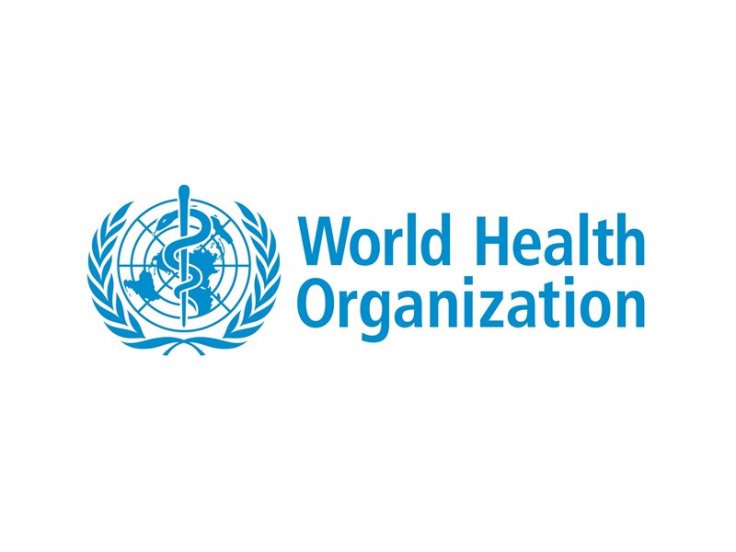The World Health Organization (WHO) on Friday that Africa could become the next epicentre of the coronavirus pandemic as there was a sharp rise in the number of COVID-19 cases in the past week.
There have been almost 1,000 deaths and more than 18,000 infections across Africa so far, although these rates were far lower than those seen in parts of Europe and the US.
The WHO's Africa director, Matshidiso Moeti, told the BBC that the organisation had witnessed the virus spreading from capital cities to "the hinterland" in South Africa, Nigeria, Ivory Coast, Cameroon and Ghana.
She said they were focusing on prevention rather than treating the virus because African countries don't have the capacity to treat many coronavirus patients.
"We want to minimise the proportion of people who get to the point of needing critical care in an ICU, because we know that these types of facilities are not adequate by any means in the majority of African countries," she told the BBC.
"I have to say the issue of ventilators is one of the biggest challenges that the countries are facing."

Access to the ventilator
For patients critically ill with COVID-19, access to a ventilator could be a matter of life or death.
One of the first recorded deaths from coronavirus in Africa was Zimbabwean journalist Zororo Makamba in March.
The local authorities in the capital, Harare, said that they did not have a ventilator to treat him.
There were also fears that the disease could spread rapidly in overcrowded areas where it is impossible to practise social distancing and where many do not have access to clean water and soap.








